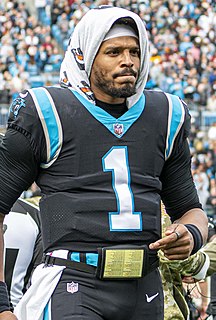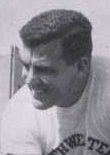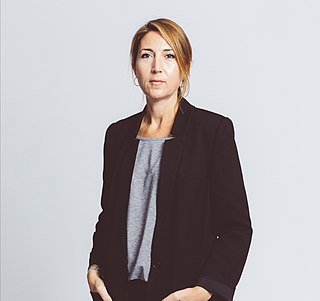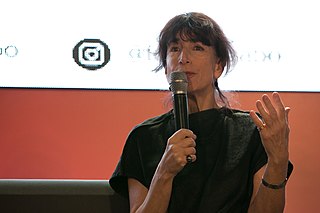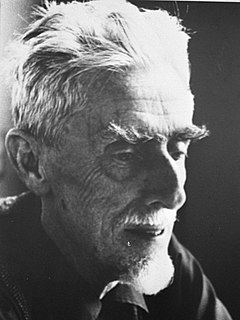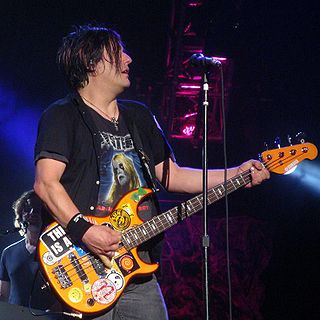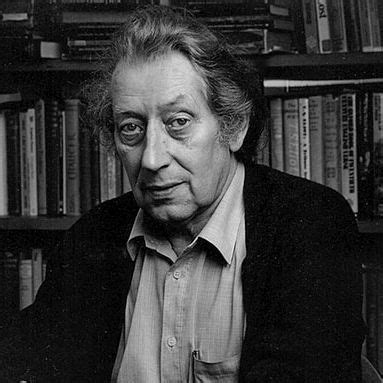A Quote by Diane Ackerman
The senses don't just make sense of life in bold or subtle acts of clarity, they tear reality apart into vibrant morsels and reassemble them into a meaningful pattern.
Related Quotes
You know what it takes to win. Just look at my fist. When I make a fist, it's strong and you can't tear it apart. As long as there's unity, there's strength. We must become so close with the bonds of loyalty and sacrifice, so deep with the conviction of the sole purpose, that no one, no group, no thing, can ever tear us apart.
All men naturally desire knowledge. An indication of this is our esteem for the senses; for apart from their use we esteem them for their own sake, and most of all the sense of sight. Not only with a view to action, but even when no action is contemplated, we prefer sight, generally speaking, to all the other senses. The reason of this is that of all the senses sight best helps us to know things, and reveals many distinctions.
It is not possible to provide evidence of life after death to the five senses anymore than it is possible to provide the five senses with evidence of non-physical reality. It cannot be done. The five senses; sight,hearing, taste and smell together form a single sensory system whose object of detection is physical reality. This cannot detect non-physical reality. Humankind is beginning to be able to access data the 5 senses cannot provide.
The one thing that I think separates Microsoft from a lot of other people is we make bold bets. We're persistent about them, but we make them. A lot of people won't make a bold bet. A bold bet doesn't assure you of winning, but if you make no bold bets you can't continue to succeed. Our industry doesn't allow you to rest on your laurels forever. I mean, you can milk any great idea. Any idea that turns out to be truly great can be harvested for tens of years. On the other hand, if you want to continue to be great, you've got to bet on new things, big, bold bets.

